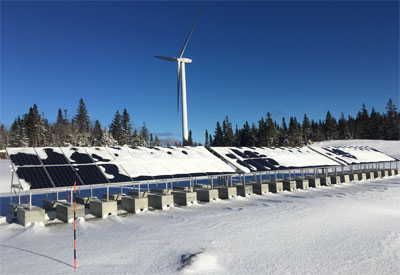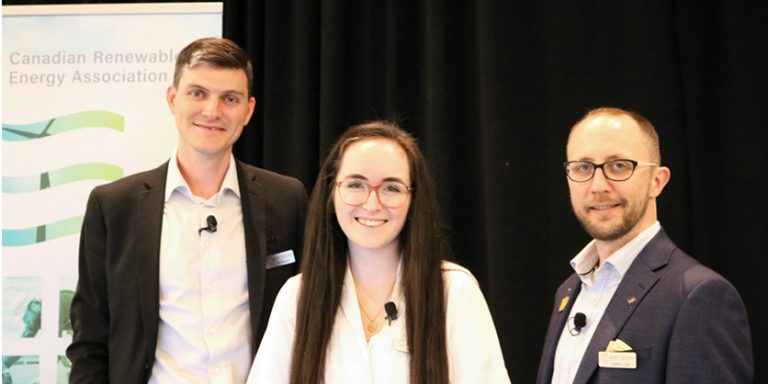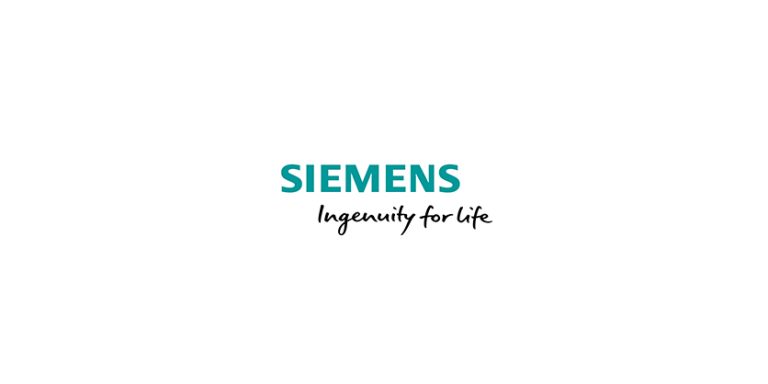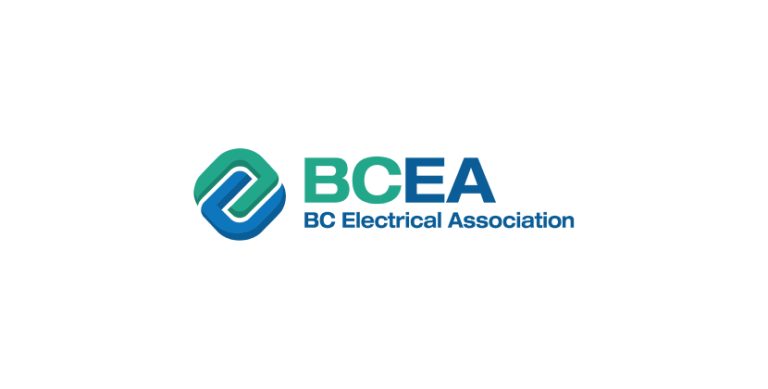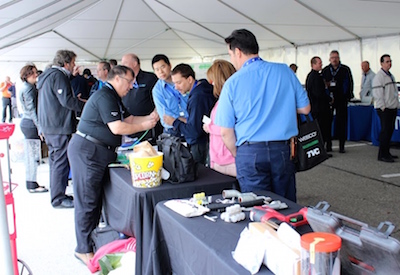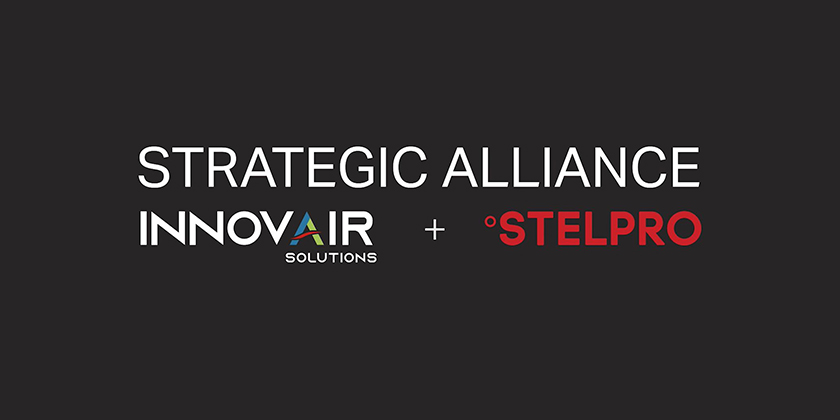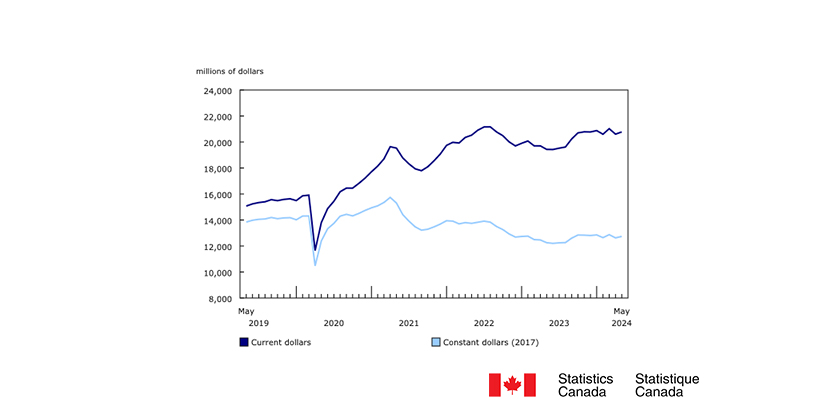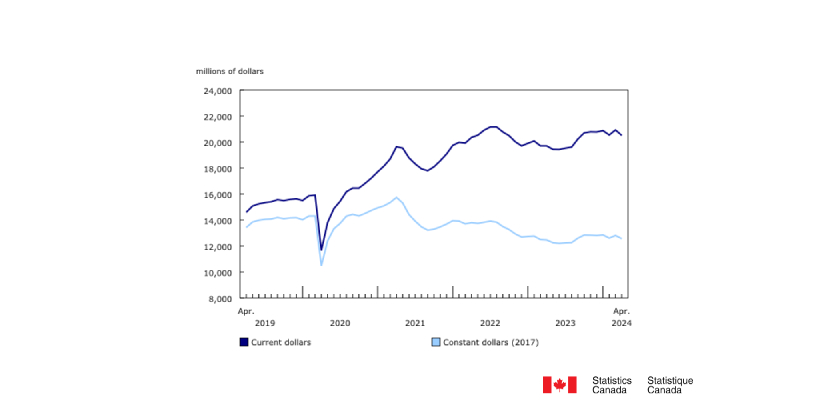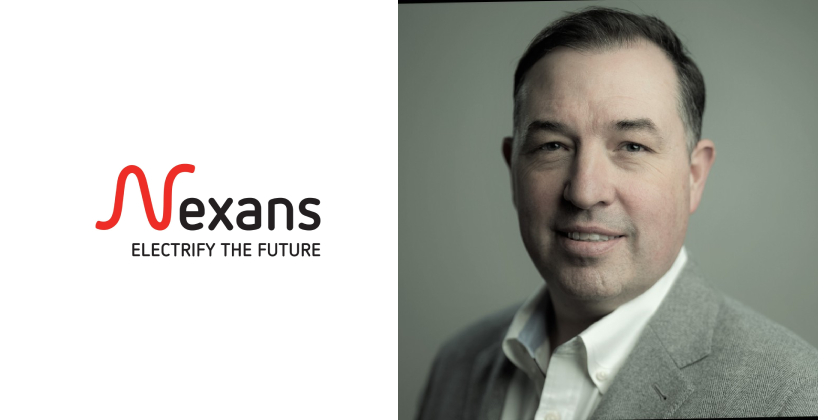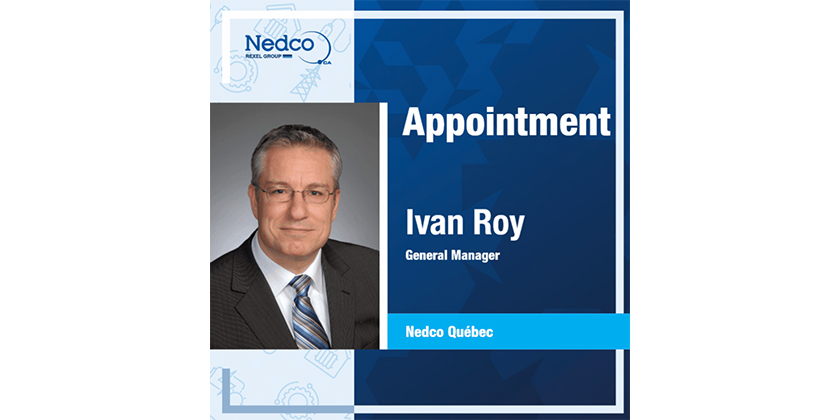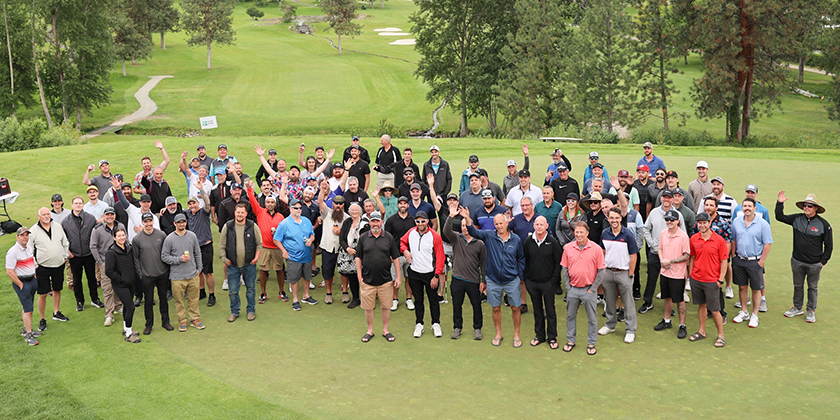Hydro-Québec partners with Mercedes-Benz on Development of Solid-State Battery Technologies
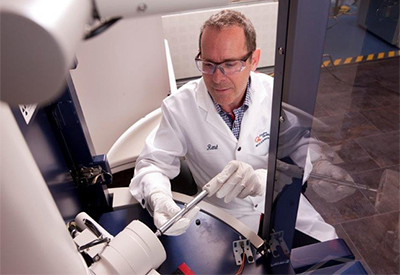
Feb 20, 2020
Canadian battery material specialist Hydro-Québec partners with Mercedes-Benz AG as part of the auto maker’s research and development activities on future technological leaps of electric vehicles.
Hydro-Québec’s internationally renowned Center of Excellence in Transportation Electrification and Energy Storage is a leading research and development institute for advanced battery materials, focusing on solid-state battery technologies. With its latest developments Hydro-Québec has achieved promising results for future battery performance, range, weight, moreover harnessing the potential of solid-state-materials on safety, which can unleash new possibilities in vehicle electrification. Hydro-Québec and Mercedes-Benz researchers will cooperate to test new materials under field conditions to accelerate the development cycle.
Lithium-ion batteries are the most common type used in electronics and electric vehicles. Solid-state lithium metal batteries are supposed to be the next important technology milestone, having a very high energy density, are long lasting, and very light. In addition, the technology is considered to be a safer alternative to regular lithium-ion batteries, as it does not use flammable liquid electrolytes. Hydro-Québec developed a first-generation solid-state battery in the 1990s and has continued its R&D to improve both efficiency and manufacturing methods. Their know how, widespread intellectual property portfolio and leading edge facilities draw interest from around the world and make it a sought-after partner for industry players involved in the development of tomorrow’s battery materials and technologies.
“We’re pleased to be partnering with Mercedes-Benz, an automotive company with an enviable reputation, to pursue our research even further,” said Karim Zaghib, General Manager of Hydro-Québec’s center of excellence in transportation electrification and energy storage. “Our association will allow us to test new materials quickly in field conditions, and so accelerate the development cycle and respond to the concerns of automobile manufacturers.”
The battery is not an off-the-shelf product, but an integral part of the vehicle architecture. The intelligence of the battery lies in a highly complex overall system, which defines the characteristics of the vehicle with respect to performance, range and charging times. As an integral and important element of Mercedes-Benz’s electrification strategy, competencies for the technological evaluation of materials and cells as well as research and development activities are consistently expanded. These include the continuous optimization of the current generation of Li-Ion battery systems, the further development of cells bought on the world market and research of the next generation battery systems.
“The battery is a key component of our electric vehicles. Mastering their chemistry is therefore a focal topic for Mercedes-Benz research and development. Solid-state batteries are supposed to be a next important technology leap for e-mobility, meaning an alternative to today’s li-ion battery systems. The latest advancements Hydro-Québec researchers have made are very promising and we are looking forward to the first results of our joint development program” said Jochen Hermann, Vice President Development eDrive, Mercedes-Benz AG.
The joint research activities will be carried out at Hydro-Québec’s center of excellence in transportation electrification and energy storage in Canada as well as the SCE France laboratory, a Hydro-Québec subsidiary.



